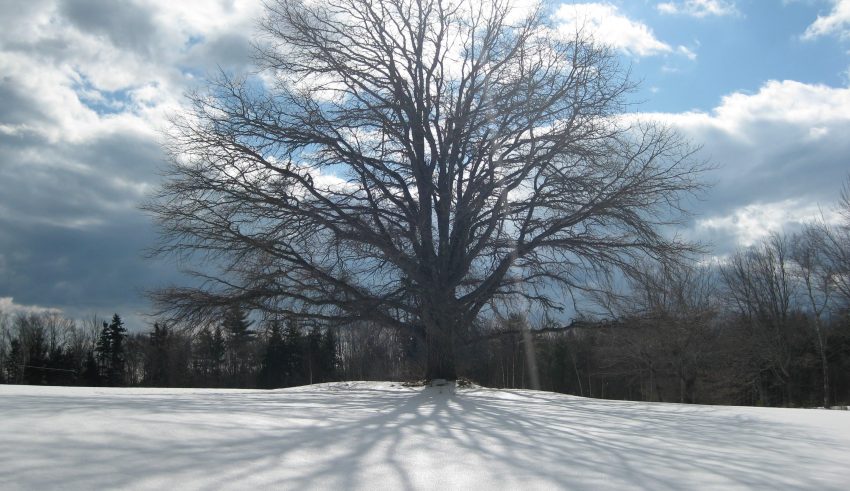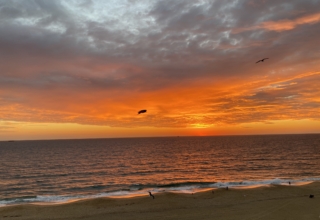
Fear and Isolation
For some, it is about fear. Fear of putting themselves out there in a civic organization and getting stuck in a mess of complex, all-consuming challenges. Fear of being asked to do something they feel they can’t do, either because of time constraints or lack of direct experience. Perhaps they are tired and find relief in getting away from the politics in which they once worked and often served as leaders for many years. It is reasonable to ask, then, why anyone would want to get drawn back into this milieu when they can go fishing with their buddies or plant flowers in solitude: “If I get involved and my commitment grows too large, how do I get out of it and reclaim my personal life?” “It is much easier to find friendships in leisure time activities than build them through civic networks.” “If I am not making money, why would I do it? Why would I do the same thing again, but this time for free?” It is understandable that uninvolved seniors may judge civic work to involve sacrifice if they can’t see its personal or community benefits. Unfortunately, they don’t or can’t yet understand that civic involvement is a different kind of work that has its own rewards.
Perhaps it is a lack of connections in the community. Many senior men and women moved to Grass Valley or Nevada City in recent years and don’t yet know many people. They are on the outside of the core community looking in, and no one has asked them to participate in a volunteer activity. Or they may feel that what they have to contribute to their new community won’t be valued.
In other instances, new arrivals have moved into gated communities where they get into a year-in-and-year-out routine of playing golf or bridge all day, drinking with friends in the evening, and watching a bit of TV before falling asleep. Their friendship network becomes limited to other residents in the gated community who share the same values and hold dear the same life priorities. So, their lives outside this community become limited to shopping, banking, and attending the occasional theatrical or musical performance. While these potential sage leaders do have a “community” it is highly restricted, lacking in diversity or much soul-feeding attraction—at least from the perspective of the senior sage leaders who were interviewed. It should not be surprising that this life-style can become numbing and lead to stagnation and despair as the aging process unfolds.
Download Article















